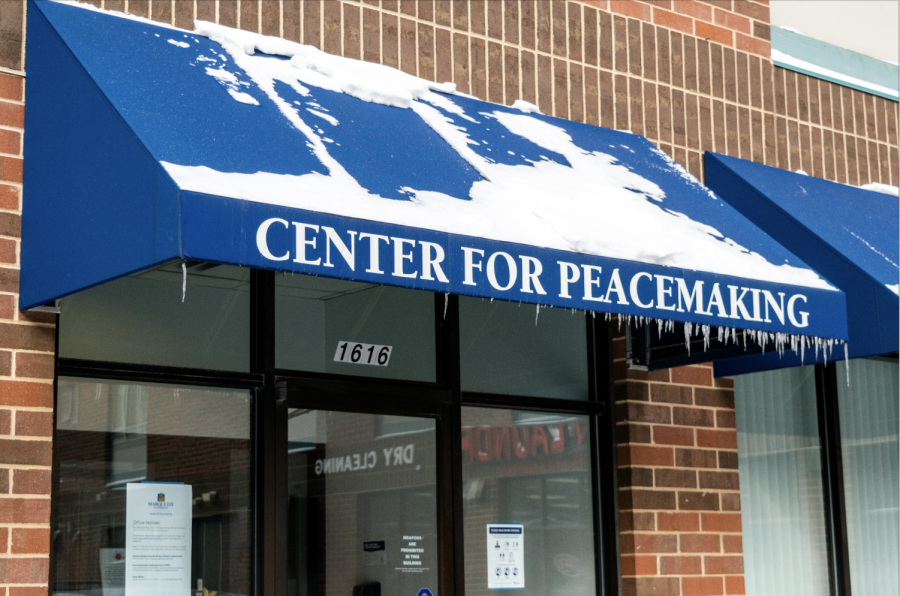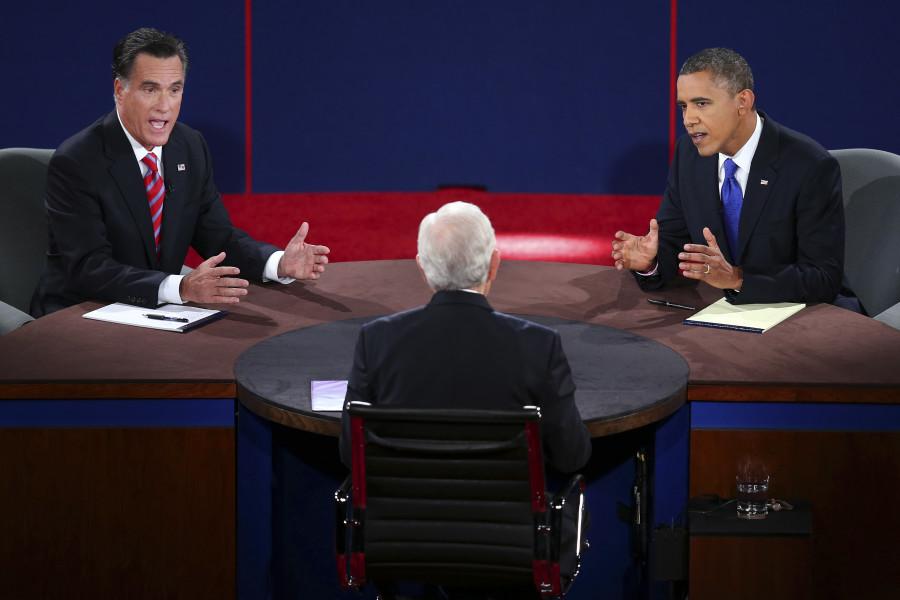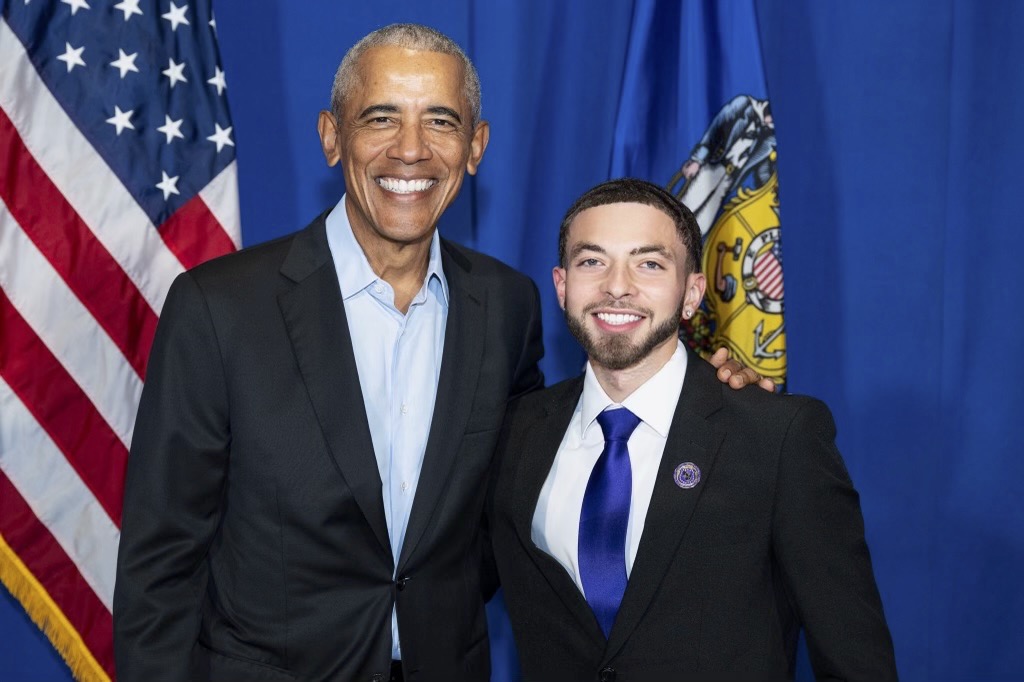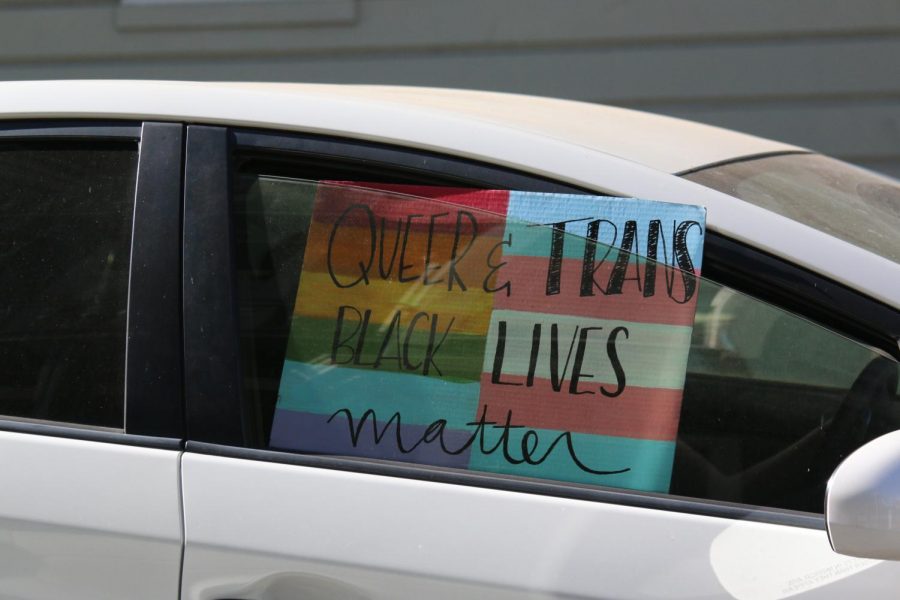Jan. 12: As president-elect, Obama writes a letter to the Senate and House of Representatives asking those bodies to release $350 billion in bank bailout funds, which are injected into the banking system in an attempt to kick-start idling credit flow following 2008’s financial collapse.
Jan. 20: Obama is sworn in as the 44th President of the United States before more than a million spectators on the ground in Washington, D.C. Millions watch the proceedings on television.
Jan. 22: Signs a trio of executive orders pertaining to American-held prisoners of war, including orders to close the detention center at Guantanamo Bay and to ensure safe and humane interrogation techniques.
Jan. 29: Signs his first bill into law. The Lilly Ledbetter Fair Pay Act aims to ensure equal pay for equal work regardless of gender, race or age.
Feb. 17: Signs into law the $787 billion American Recovery and Reinvestment Act, better known as the economic stimulus package.
Feb. 17: Approves sending an additional 17,000 troops to fight in Afghanistan.
Feb. 27: Announces his timetable for American withdrawal of combat troops from Iraq, setting the target date for August 2010. Obama vowed during his campaign to withdraw troops from the war-torn country within 16 months of his inauguration, or May 2010.
March 9: Signs executive order lifting an eight-year ban on embryonic stem cell research.
March 20: First lady Michelle Obama, with the help of local elementary school students, breaks ground on the first White House garden since Eleanor Roosevelt’s World War II victory garden. Students help with cultivation and harvesting at the garden throughout the rest of the year. Vegetables grown in the garden are used in the White House kitchen and are given to Miriam’s Kitchen, a homeless support operation in Washington, D.C.
April 30: Chrysler LLC files for bankruptcy.
May 26: Announces nomination of Sonia Sotomayor for opening on the Supreme Court following Justice David Souter’s retirement.
June 1: General Motors Corp. files for bankruptcy.
June 4: Delivers a speech in Cairo in an attempt to ease tense American relations with the Middle East.
June 25: Signs into law the initial version of the Car Allowance Rebate System, more commonly known as the “Cash for Clunkers” program, which would allow people to trade in old, inefficient vehicles for $4,500 toward the purchase of a newer, more fuel-efficient vehicle.
Aug. 6: Because of high demand, Obama and Congress extend the “Cash for Clunkers” deadline to Aug. 25. In all, 690,114 vehicles are traded in, with rebate applications totaling $2.877 billion. The maximum amount of money allotted to the program in the stimulus package was $3 billion.
Aug. 8: Sotomayor is sworn into the Supreme Court and becomes the first Hispanic Supreme Court Justice and the third woman to sit on the court.
Sep. 9: Obama delivers a speech to a joint session of Congress outlining his proposal for American health care reform. Congress continues debating health care reform into 2010.
Oct. 9: Obama receives 2009 Nobel Peace Prize ten months into office, surprising many across the globe, including the president himself.
Nov. 1: Ford Motor Co., the only major American car manufacturer to not file for bankruptcy in 2009, reports a profit of $873 million in the third quarter thanks in part to sales generated by “Cash for Clunkers” rebates.
Dec. 2: Obama approves another increase in military personnel in Afghanistan while also planning to begin removing troops in 18 months. Thirty-thousand additional troops prepare for deployment, which will push the total number of American soldiers in Afghanistan above the 100,000-person threshold.
Jan. 16, 2010: Signs executive order mobilizing military personnel to provide humanitarian assistance to victims of a Jan. 12 magnitude 7.0 earthquake in Haiti.







